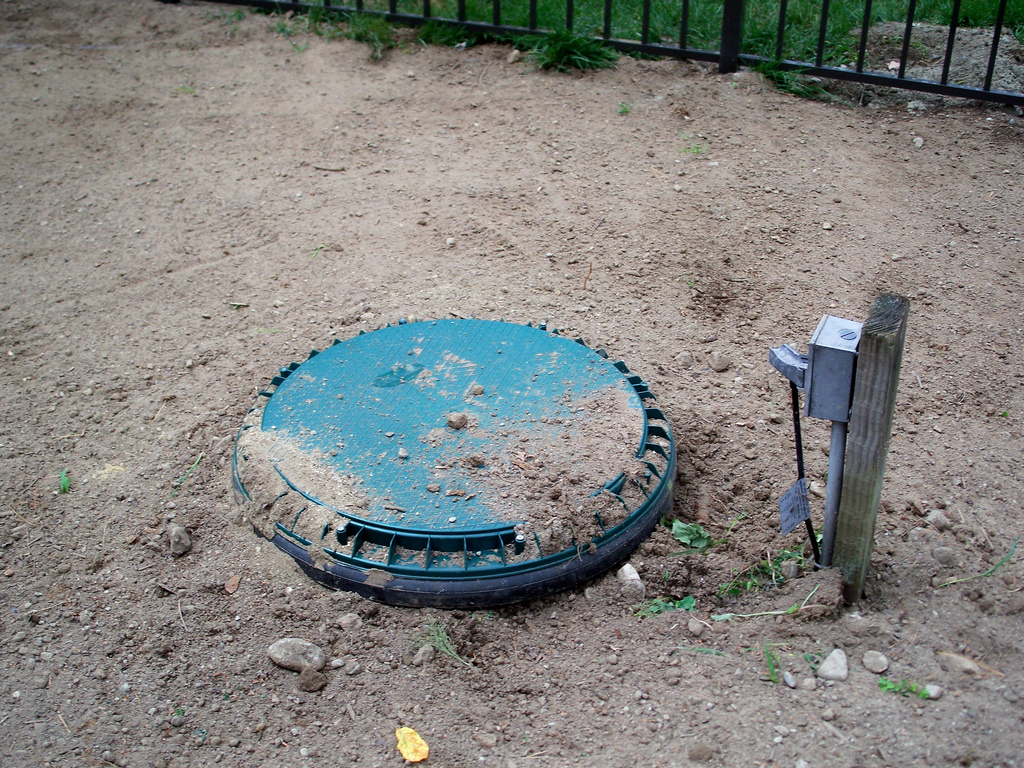
Did you know that septic systems inspectors in Maryland don't have to be licensed? That's right - the person who paints your home has to go through more training, paperwork, and ongoing requirements than the person who checks that your poop will be processed properly. We're working on a bill to change that system; check out our testimony this week on SB254 below.
SB 254: On-Site Sewage Disposal Systems - Inspection - Licensing
Senate Education, Health, and Environmental Affairs Committee
February 11, 2020
Positon: Favorable
Dear Chairman Pinsky and Members of the Committee,
In Maryland, property transfer is one of the few times when a septic system is looked at and evaluated. Typically, a mortgage company requires that an inspection occurs as a condition of sale and this is a high risk moment for both homebuyers and homesellers - many things can go wrong, and a septic system is one piece in this intricate dance. Unfortunately, the quality and reliability of these inspections vary wildly through the state, and homeowners have limited recourse when something goes wrong.
Right now, in Maryland, these inspectors are required to take a course offered through the Maryland Department of the Environment, that was designed with the Maryland Onsite Wastewater Professionals’ Association, the trade association for all things relating to septic systems. Most agree that the quality of this course is appropriate and should do an adequate job of preparing inspectors for the job at hand. Unfortunately, this course is where the oversight ends, and many inspectors are not conducting high quality inspections that can adequately judge the performance of a septic system.
Inspections are crucial for finding problems with septic systems. There are different types of failures that a proper inspection can find: pre-failure, temporary failure, and failure. Sometimes, an inspection can find that there is something going wrong with the system that can be fixed through a mechanical or behavioral change, but this has not yet led to the release of untreated waste. In other cases, the system may be in temporary failure; untreated waste is threatening public and environmental health and safety, but with a repair or behavior change the system can return to function properly. The worst type of failure requires significant repair to the system or drain field, and may require innovative technology to create a system that can treat waste on site. Since inspections are largely carried out only at property transfer, this is our one opportunity to make sure problematic septic systems, or systems that will soon be problematic, can be found and fixed.
Over our time working on issues relating to septic systems, we have heard many horror stories of homeowners who have been saddled with failing septic systems after their property inspector gave them passing grades. This is a major financial setback for the homeowner, and it is also a significant problem for water quality. Until a failing septic system can be identified and fixed, it will continue to pollute nearby waterways with untreated human waste. Maryland has a persisting problem with pollution from septic systems, both nutrient pollution from nitrogen as well as a bacterial problem. In areas around the state, including the Eastern Shore and Southern Maryland, there are hotspots of bacterial pollution that is likely coming from nearby, failing septic systems.
It is common for septic systems to fail in ways where a homeowner would likely not know that they have failed. Until waste backs up into a home or breaches the surface of the yard, the homeowner may not have any idea that their septic system has failed and is now posing a risk to others. Property transfer is the one time where inspections occur. These inspections are our opportunity to make sure that the system is functioning and are not dumping untreated waste into surface waterways or groundwater.
Therefore, we strongly urge that licensing be required in order to make sure that inspections are high quality, are able to identify problematic septic systems, and that there is recourse against inspectors who are not performing adequate quality inspections. We urge a favorable report on SB254.
Thank you,
Audubon Naturalist Society
Clean Water Action
Maryland League of Conservation Voters
Maryland Sierra Club
ShoreRivers
Watts Branch Watershed Alliance
Waterkeepers Chesapeake


